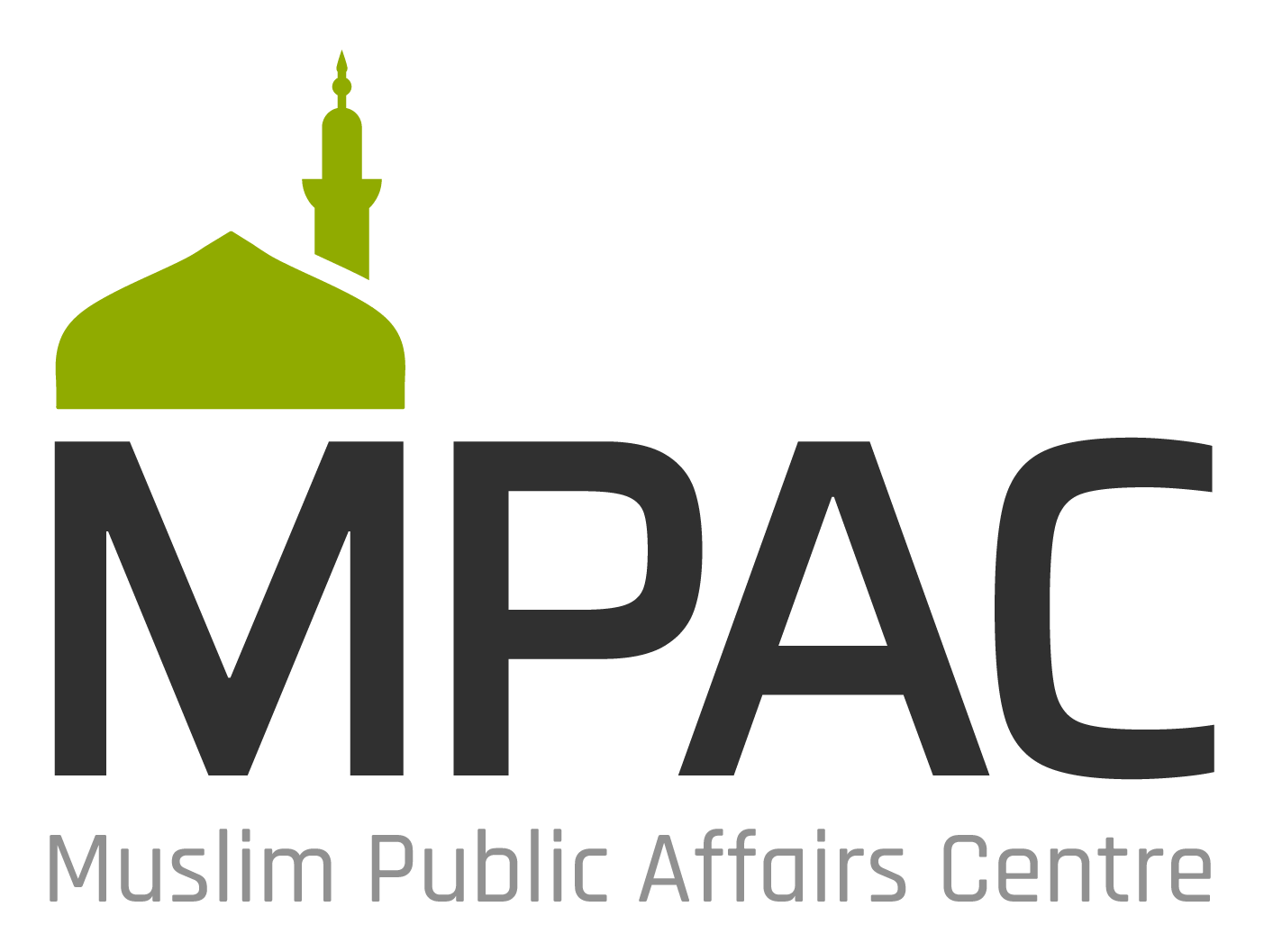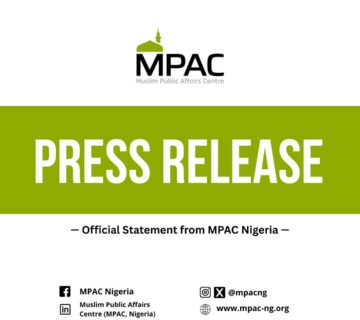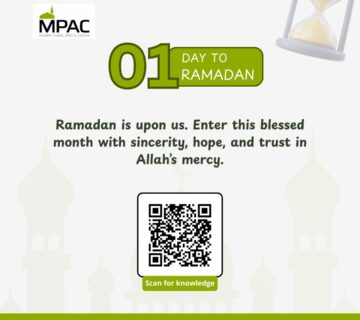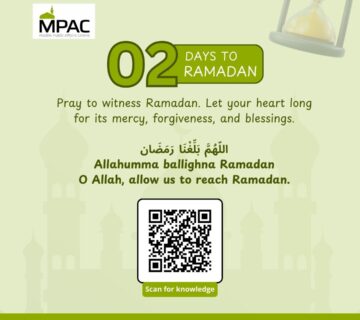Ethical capital, not religious sentiment, is quietly transforming Nigeria’s development story, proving that transparency, fairness, and inclusion are the true foundations of progress.
Apostle (Dr) Bolaji O. Akinyemi’s article, “Halal: Tomorrow’s Celebration May Plant Tomorrow’s Crisis,” reflects a seeming patriotic vigilance, but the “Halal Economy Strategy” deserves a fairer context. Halal is not a stealth religious policy; it is an ethical economic framework already proven beneficial to Nigeria’s multi-faith financial system, time and again.
In the United Kingdom, the government operates an Islamic Finance Task Force, created in 2013 under Prime Minister David Cameron, to make London a hub for Sharia-compliant finance. Yet Britain remains a Christian-majority constitutional monarchy, and in 2014 it even issued a £200 million sovereign Sukuk to access ethical capital markets. That act did not Islamise Britain; it globalised good finance.
Through Sukuk bonds introduced under a Christian finance minister, Ms Kemi Adeosun, and approved by the National Assembly, Nigeria raised over ₦742 billion for highways, schools, and hospitals nationwide. These Sukuk and non-interest instruments have funded infrastructure across all regions, including Christian-majority states such as Anambra, Enugu, Ebonyi, Benue, and Cross River. Religious affinity was never a consideration at the tollgate of development. Islamic finance in Nigeria has always been an economic, not a religious, instrument; open, constitutional, and inclusive. When Ogbeni Rauf Aregbesola, former governor of Osun State, issued a ₦11.4 billion subnational Sukuk in 2013, it was packaged by a Christian commissioner, Dr Wale Bolorunduro, and deployed to upgrade educational infrastructure still serving Muslims, Christians, and traditionalists alike.
Sadly, Dr Akinyemi’s (Not the reverred Professor Bolaji Akinyemi) essay risks reawakening the same anxiety that followed the Central Bank of Nigeria’s 2011 guidelines for Non-Interest Financial Institutions under then Governor Sanusi Lamido Sanusi, now Emir of Kano. That opposition came from misunderstanding rather than malice, and history has since shown those fears to be unfounded. Those who still fear Halal should remember that Sukuk financing has been audited by Christian accountants, approved by multi-faith legislators, and executed by secular ministries. Its accountability, not its theology, drives success. The enduring question should be simple: does it help Nigeria’s welfare? The answer, demonstrably, is yes.
The Islamic Development Bank has financed Anambra rural electrification, Enugu water schemes, and Ebonyi rice mills; practical examples that Islamic finance serves Nigerians without discrimination. The Bank funds agriculture, education, and energy, not religion.
To understand the new National Halal Economy Strategy, one must strip away emotion and look at its true purpose. It is a comprehensive economic plan designed to promote, regulate, and expand Halal-compliant goods, services, and financing models within a global market now valued at over seven trillion dollars. The policy seeks to create transparent systems where standards and certification are clear, where investors are encouraged to build Halal-compliant industries, and where logistics, food processing, and exports meet ethical international requirements. It promotes education and awareness, reminding businesses that Halal is about fairness, cleanliness, and quality assurance as much as it is about faith. Above all, the strategy aims to attract foreign investment, create jobs, stimulate private enterprise, and position Nigeria as Africa’s Halal hub. It is meant to diversify the economy, not divide the nation.
Countries such as Germany, the United States, Luxembourg, and South Africa already operate Halal-compliant mortgages, funds, and pensions under strict regulation. These have provided interest-free housing and inclusive finance to Muslims and non-Muslims alike. South Africa’s First National Bank introduced Sharia-compliant products more than a decade ago, yet Johannesburg remains a multi-faith democracy, not a theocracy. Across Europe and the United States, Halal finance is regarded as innovation, not infiltration. It complements rather than competes with conventional systems. Nigeria can benefit in the same way by expanding access to ethical capital while maintaining constitutional neutrality.
President Asiwaju Bola Ahmed Tinubu, a practicing Muslim, has also shown remarkable inter-faith sensitivity. His recent visit to the Vatican and meeting with Pope Francis was a profound act of statesmanship and unity. Muslims across Nigeria did not cry foul or accuse him of bias; they recognised it as leadership that honours diversity. That moment reaffirmed one truth: dialogue strengthens nations, while division destroys them.
Nigeria’s socio-political fabric is fragile and must be handled with wisdom, not hysteria. When commentary drifts from caution into provocation, it risks igniting old embers in an already anxious nation. The Dr., by training and exposure, knows the proven success of ethical finance, yet chose to stir dust where there is none, at the expense of sober.
The real national task is to create jobs, build infrastructure, and restore trust. Whether funds come through Sukuk, green bonds, or private equity, what matters is transparency, inclusiveness, and impact. And perhaps if we paused to remember that the Hebrew word closest to Halal is Kasher or Kosher — meaning fit, lawful, and permissible, we would allow national progress to prevail over unfounded fears. Perhaps, in this instance, the Apostle in him viewed it through the narrow lens of religious rivalry rather than the wide horizon of economic opportunity. Let us therefore adopt healthy caution, not unhealthy suspicion. Faith must build bridges, not barricades. The Halal initiative, properly managed, can coexist peacefully with every other financial system. Nigeria’s destiny is shared; its prosperity must remain collective.
We should realise that righteousness has many tongues but one spirit. When faith and fairness meet, both Islam and Christianity smile. Halal, Kasher, or Kosher all simply mean what is good, clean, and just. That understanding, more than rhetoric, can steady our nation’s heart and calm frayed nerves. For in the end, a just economy is a manifestation of the truest worship, and peace itself is the greatest prosperity.
Nigeria’s National Halal Economy Strategy offers a unique opportunity to drive economic growth, create jobs, and promote sustainable development. By embracing this initiative, Nigeria can become a leading player in the global halal market.
Let’s work together to unlock Nigeria’s potential in the halal economy. Let us live and let live.
——
Disu Kamor,
Executive Chairman,
Muslim Public Affairs Centre (MPAC).
kamor.disu@mpac-ng.org
08076049545




